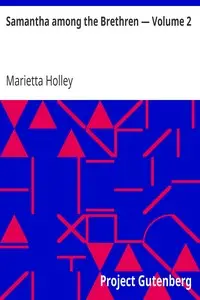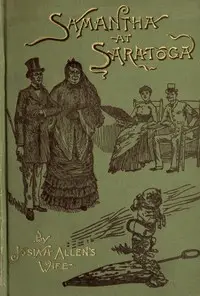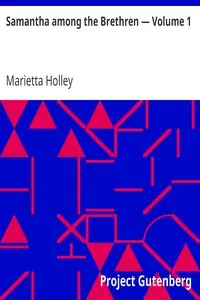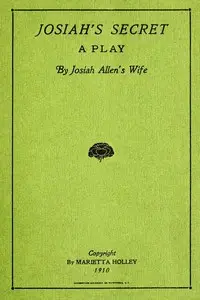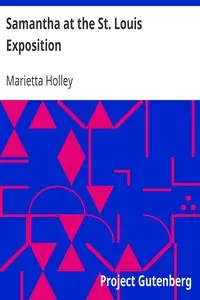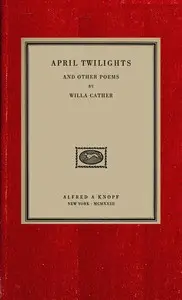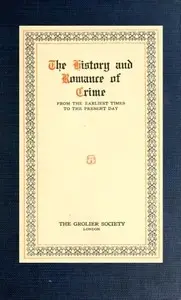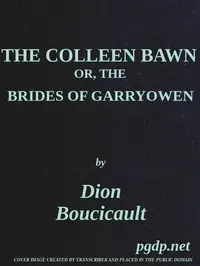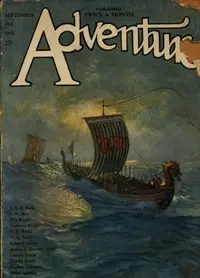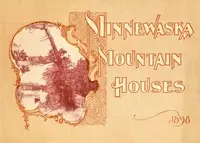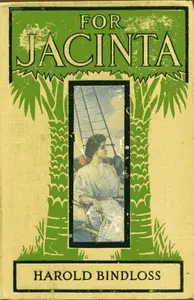"Josiah's Alarm, and Abel Perry's Funeral" by Marietta Holley is a humorous novel written in the late 19th century. It presents the comedic and insightful observations of its protagonist, Samantha Allen, as she navigates the social expectations and peculiarities of her rural community. The book primarily revolves around domestic life, character relationships, and the absurdities that arise during significant events such as home installations and funerals. The story unfolds in two distinct parts, the first detailing the trials of Samantha and her husband Josiah as they deal with the installation of a furnace, which Josiah fears will bring excessive heat during winter. In a series of humorous miscommunications and misunderstandings, Samantha tries to reassure her anxious husband while managing their domestic affairs. The second part centers on Abel Perry’s family, who visit during a time of mourning after the death of their daughter’s husband. This portion of the narrative explores themes of grief, family connections, and societal expectations surrounding funerals. Holley’s keen wit and engaging storytelling bring to life the everyday challenges and eccentricities of her characters, making it a delightful read that reflects both the humor and the hardships of life in the late 19th century. (This is an automatically generated summary.)
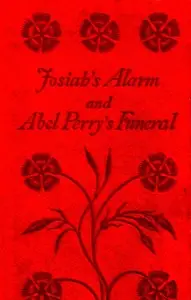
Josiah's Alarm, and Abel Perry's Funeral
By Marietta Holley
"Josiah's Alarm, and Abel Perry's Funeral" by Marietta Holley is a humorous novel written in the late 19th century. It presents the comedic and insigh...
Marietta Holley, was an American humorist who used satire to comment on U.S. society and politics. Holley enjoyed a prolific writing career and was a bestselling author in the late 19th century, though she was largely forgotten by the time of her death. Her writing was frequently compared to that of Mark Twain and Edgar Nye. Along with Frances Miriam Whitcher and Ann S. Stephens, Holley is regarded as one of America's most significant early female humorists. Her work appealed to all classes of society. Her readers were scattered over the entire world, and included men and women of every station and grade. Her books were widely read in Europe.

